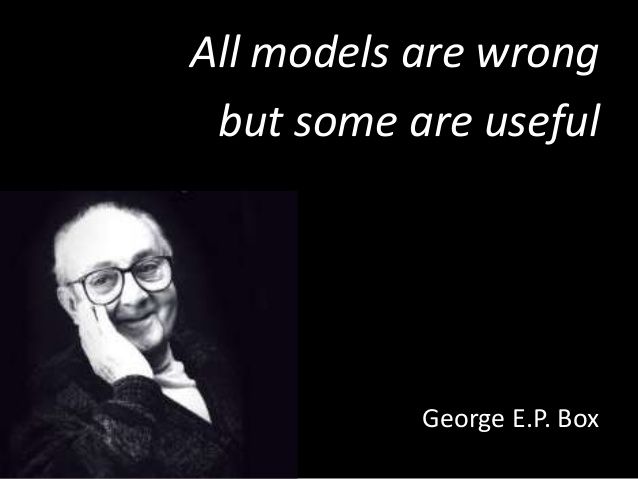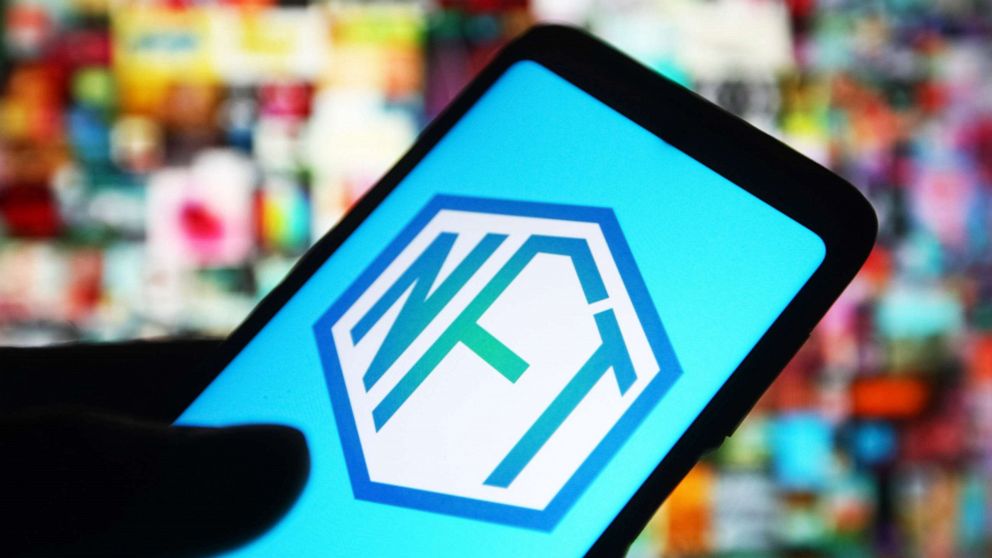I have strong opinions about mobile computing. Even after all this time, few large companies that integrate software into their offerings (think banks and healthcare) demonstrate an understanding of mobile (based on what their products say about them). They deliver mobile apps, but they're really just "computer application expressions of their products and processes" not "innovative mobile solutions to help customers solve a specific job to be done".
This is true espeically for that healthcare system CIO that abrubtly ended a meeting with me, after I had flown all the way to Texas to meet him. He suggested that rebuilding all his web pages as responsive web pages "solved mobile". Yeah, he actually used that phrase – solved mobile. I disagreed. Strongly. But I digress.

I'll change my mind when I stop getting alerts on my Watch that say "tap for more" but don't work because it's a watch not a phone. I mean, if you're too lazy (or bad at what you do) to do proper notifications seven years after the Watch launches, I don't know what to say.
I, writing as BCware, wrote something on LinkedIn about a distillery creating a premium bourbon offering represented by NFTs this morning and wanted to say more.
A model for mobile app innovation is a way to understand NFT commerce
I think NFT-gated commerce (NFT commerce) is something that's going to stick around. It feels important. If you read what I've been writing for nearly 20 years (!!) or have worked with me you might realize that I like to have models to repeatedly approach new problems.
The other day, I was talking to my wife (who is not in the tech industry) and told her something that I thought was obvious, but was a new way for her to articulate how mobile evolved. It was the idea that Uber could only have happened on mobile, but there was no way to know that Uber would happen. Only that something unique to mobile would eventually happen.
I thought about my own mobile progression, again, in the context of believing that "legacy companies" don't quite get it. How can I speak to an evolutionary model that helps move people along the adoption curve? Here's how I explain the three stages of mobile app evolution:
- Mobile copies desktop apps. People respond by saying "cute, but we've been doing that for years on this computer over on the desk so why do I need a mobile app when I have a browser?".
- Mobile copies desktop apps, but for some reason mobile is better. This is where "experience" starts to come in to play. I remember writing about this (internally at CA, so no link) and asking people to consider their own behavior by observing what things they go to their phone to do even while sitting at their computer. Most big companies respond to this by saying something like "let's just get it out the door, and we'll make it better later" or "yeah, but we have to solve for iOS and Android, and our developers need to write once, run everywhere" and so on.
- New things are done on mobile that can't be done on fixed computers. Uber is the best example, but literally anything with location or in-person payments, and so on.
So, to summarize the model for how new solutions are introduced to the market:
Step 1: Copy the old context into the new.
Step 2: Improve the experience.
Step 3: Create something new, native to the new solution/platform.
And, I'd argue that you can try to jump to step 3, but in reality it's an evolution at the application layer because it involves human behavior. Mass market behavior doesn't evolve in explosive jumps. This is a personal observation, annecdoal if you will, but I think it's a good way to think about technology absorption by mainstream humans.

NFTs (as they relate to gated commerce) are at Step 1.
Let's take a look at some NFT Commerce case studies below, noticing how these solutions could be solved using legacy technology but realizing that NFTs are going to evolve past legacy technology in ways we maybe can't yet grasp (from a mass-market adoption perspective).
NFT Commerce use cases
I'm amazed at the broad industry use cases that are emerging across a host of industries.
Gaming:

Hospitality:
🍋 In one week - Capsule opening to holders. You'll have your own place (pods/suite/penthouse) that you can begin to customize with NFT frames and such. Trading desk viewer (multi crypto and time frame with Japanese candle) will also be ready.
— YAKU Corp. | Avatar Mint TBD (@YakuCorp) March 17, 2022
Housing:

Sports:

Golf:
You love to see it.
— Mike DAOdas (🏌️♂️, ⛳️) (@mdudas) March 20, 2022
Real utility for @LinksDAO members at our NFT-gated @Shopify merch store.
Just getting started…#wagtbagc https://t.co/RdVxHpQaoA
Food & Beverage:


Travel:
A new way to own a piece of Qantas history is on its way: https://t.co/IGf2fBLGAy pic.twitter.com/eJVT4nMXCA
— Qantas (@Qantas) March 20, 2022
Politics:

Music:

Body Art:
One of my fave @ABCSharkTank companies is @MadRabbitTattoo . Watch what they do with NFTs and Tattoo art ! https://t.co/uvd54GsEEB
— Mark Cuban (@mcuban) March 21, 2022
Cannabis:

Events (think Ticketmaster):
Another one: a platform focused on event ticketing.
It's all about the community
NFT commerce is about community. Fans. Less transactional, more relationship-driven. NFT commerce will answer the question: how do you build a long term relationship with a community of supporters?
How do you reach your target audience? How does that community identify? What are its symbols and values? Where do you find that community?
A friend of mine running a Web3 project says CEO should stand for Community Empowerment Organizers. I don't disagree.
The thing about community that's different from markets is that buyers go to a market, but community participants have to go to the community.
Said differently, when you're building a community you don't hang up a sign and wait for people to come to you. You go to them. Engage them on their home turf. It's a sign of respect, among other things.
Now imagine you build a solution on Ethereum but your community is on Solana? Ooops.
In the Web3 space, community is often reflected in choice of protocol/blockchain and wallet. Want to sell to athletes, you're probably using DapperLabs Flow and the Blocto Wallet. Artists? OpenSea on Ethereum. And so on.
You want to reach a community, you've gotta be on their chain. Supporting their native tools.
On top of that, there are specifics to each chain that complicate solutions, so it's a gnarly problem. A problem that can be simplified by with a thoughtful application archtiecture.
Three things to consider
As you think about your NFT commerce solutions, don't lock yourself into a chain, wallet, coin, and so on. You need flexibility, flexibility of a sort that can be provided by a "middle layer of tooling" between your commerce applications and the underlying Web3 technology.
You want to abstract away the blockchain so that your community can choose where they want to meet you. So that your community can choose their own portfolio of values. Are you going to optimize for fees (Polygon) or user experience (Flow)? Do you need the broadest possible audience (Ethereum), or can you focus on a narrower audience to improve along some other metric (Solana, Avalanche).
You don't want multichain complexity in your application. The banks built a complicated web security stack for the web, and they're paying the price in their inability to abstract security away from any other interaction model (and so their mobile, including Watch, apps behave like websites not mobile apps). Part of the benefit of abstracting away the specific chain is that as the technology evolves, chains will come and go, and you'll be able to keep pace with the market.
You want to simplify bridging Web2 into Web3. Not everything can be rebuilt for Web3, and integration is hard. Make sure that integrating your applications with off-chain data is done off-chain for performance, cost, and speed to market.
I'm considering turning this list into a list focused on NFT commerce. If this is something you'd be interested in, please subscribe below (and/or let me know in that red comment bubble on the bottom right).
And definitely, please share this if you found it helpful. I'm curious how widespread interest is for NFT Commerce info from a non-engineering point of view. Sharing and subscribing helps me learn more. TIA











